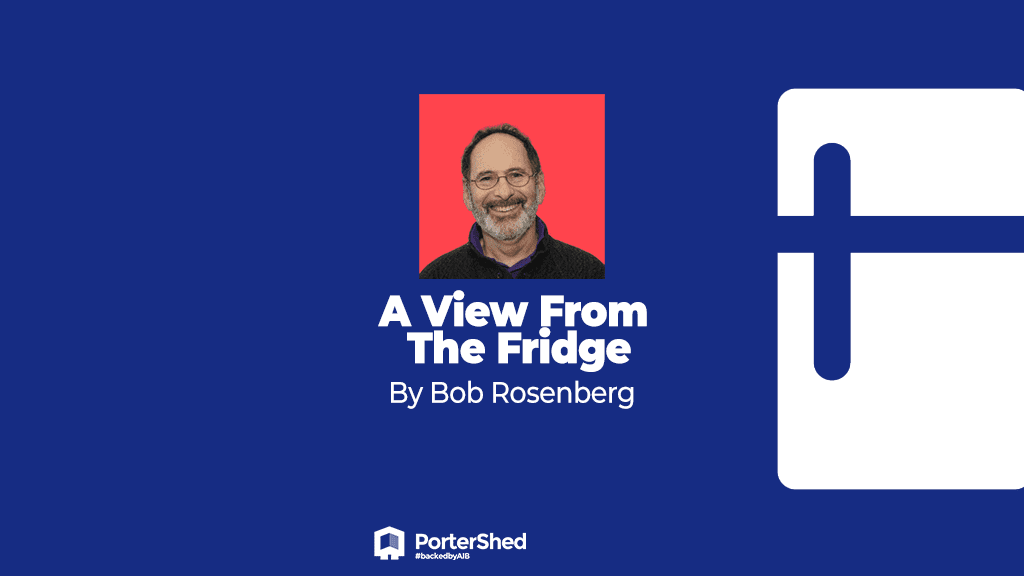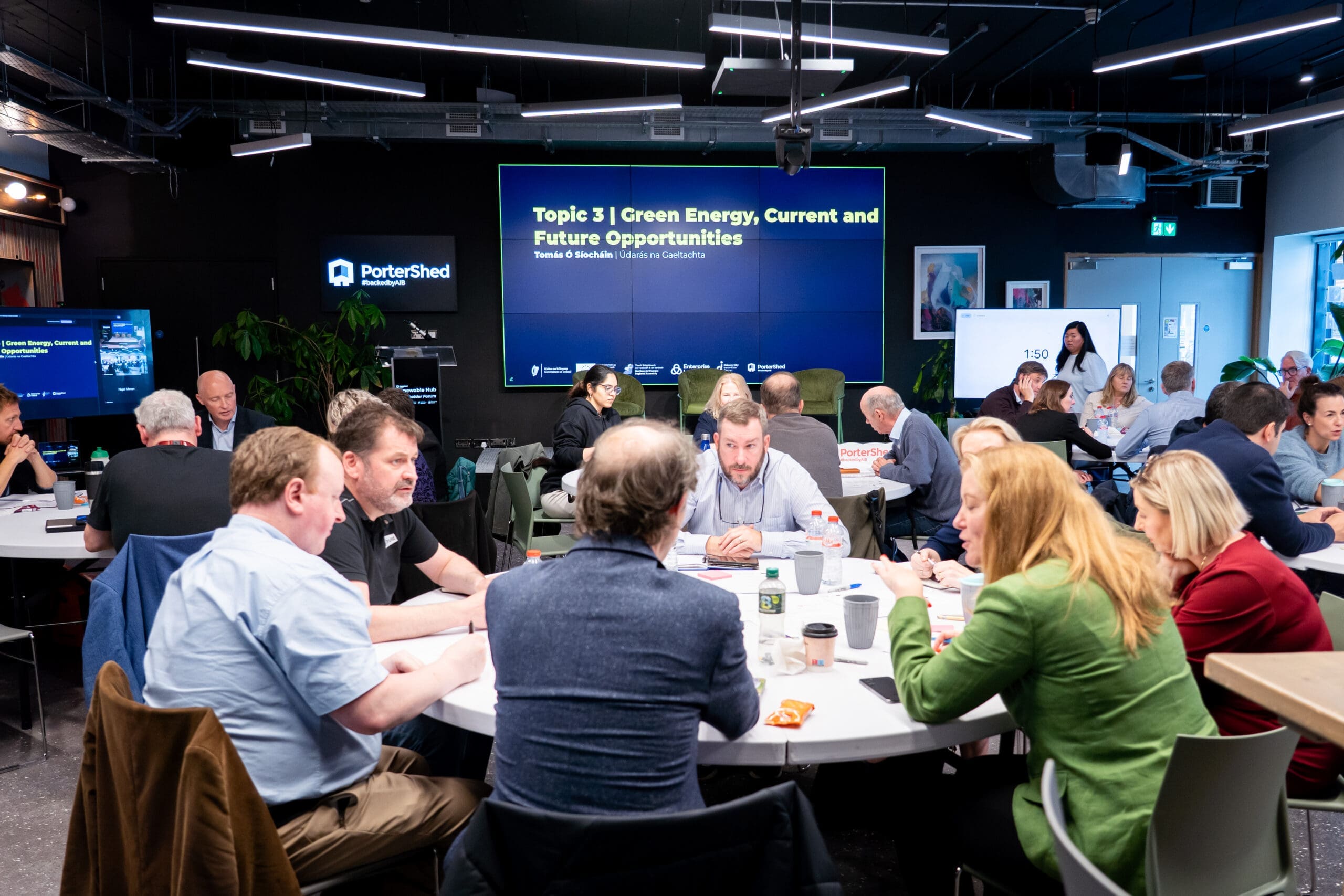Too-Big Ideas
We took our February vacay in a frigid Chicago, warmed by visits with family and friends.
In addition, I had my annual sit-down with my accountant, who does a good job of holding my feet to the fire. Which, given the cold, was no bad thing.
The necessary prep work for the meeting includes an updated analysis of my startup investment portfolio, which takes into account each startups vintage, sector values, market conditions, and an estimated confidence (as a percentage) of an exit in the next three years.
The process is agonizing, humbling, inaccurate – and an opportunity for lots of learning. Some thoughts from this year’s meeting:
- Don’t rely on current market prices. Valuations have soared (in the US) since Covid arrived. When calculating value, it’s important to recognize spikes, both on the plus and minus sides. The accountant has schooled me on the utility of five-year floating averages on market valuation, which avoids both overexuberance and thoughts of suicide.
- Inflation is back. For almost two decades (and especially since 2007), the value of money over time has played a background role in startup investment calculi. Inflation (not to mention higher interest rates) suddenly figures prominently in our analyses of expected returns. And not in a good way.
- Vintage matters. Angel investments usually mature in 15 years or so. If you invested 15 years ago, some of your portfolio was likely in pre-crash startups, some in post-crash. Those post-crash investments benefited from lower valuations – and are being rewarded by outsize exits in the current investor-friendly atmosphere. Lots of available money and expanded exit opportunities (IPO, SPAC, private equity deals) have sweetened the pot for them.
- Location matters. The growing divergence in valuations between startups in the US and the EU, for example, makes for more complication in doing my annual process. Not to mention everything from Covid to the Ukraine war. Access to new capital counts for a lot, as does economic and political volatility when estimating the confidence bars surrounding the projections.
And perhaps most important, when I look over my investments, I’m sorry to say that the ones that still fire my imagination – the biotech advances, the cryptography revolutions, the new transportation and energy solutions, the marketplace disruptors – tend to be my biggest mistakes. Most of the time, these advances take well more than 15 years to become something valuable (and often it’s the second or third entrants – the settlers – who benefit from the mistakes of intrepid adventurers and explorers).
Here’s a breakdown of my portfolio so far:
Winners – healthcare connectivity, healthy food, online education, online investing, anti-virus software
Break even – healthcare devices
Losers – biotech (several), cryptocurrency, cryptography, online marketplaces
Still in play – fintech, gaming, healthcare devices, online video, sports, touch screens, high-efficiency water heaters.
There’s a long list of game-change biotechs that ran aground with my money onboard. My education took more blood and treasure than it should have – I was stubborn and convinced that I had found an underappreciated niche. And I wasn’t wrong about several of them – cancer immunotherapeutics, dermatology, monoclonal antibodies, sleep drugs. All of them were big winners for others; I was a decade too early and I didn’t fully understand the process of new product adoption in medicine.
The big ideas that I didn’t invest in are a rogue’s gallery of things that still set my heart racing – and only the lack of access (and sufficient assets) kept me away from ruining my children’s hopes for legacy: Segway, Solyndra, Theranos. Uber, WeWorks (yes, I loved it until I met the founder, a true gobshite) and a bunch more.
A final word of advice: the market identifies buzzwords that apply to the next big thing. Be extra-careful when you hear terms that set the heart racing but often are just vague umbrellas under which startups huddle. AI, Blockchain, Crypto (in all its guises), precision medicine, VR. Caveat emptor (thank goodness I avoided VR!!!!).
Have a great day.

Bob Rosenberg
Educator (Associate Professor) / Entrepreneur / Leader of angel
communities /Entrepreneur in residence at PorterShed
and BioExcel / Rarosenberg@gmail.com


